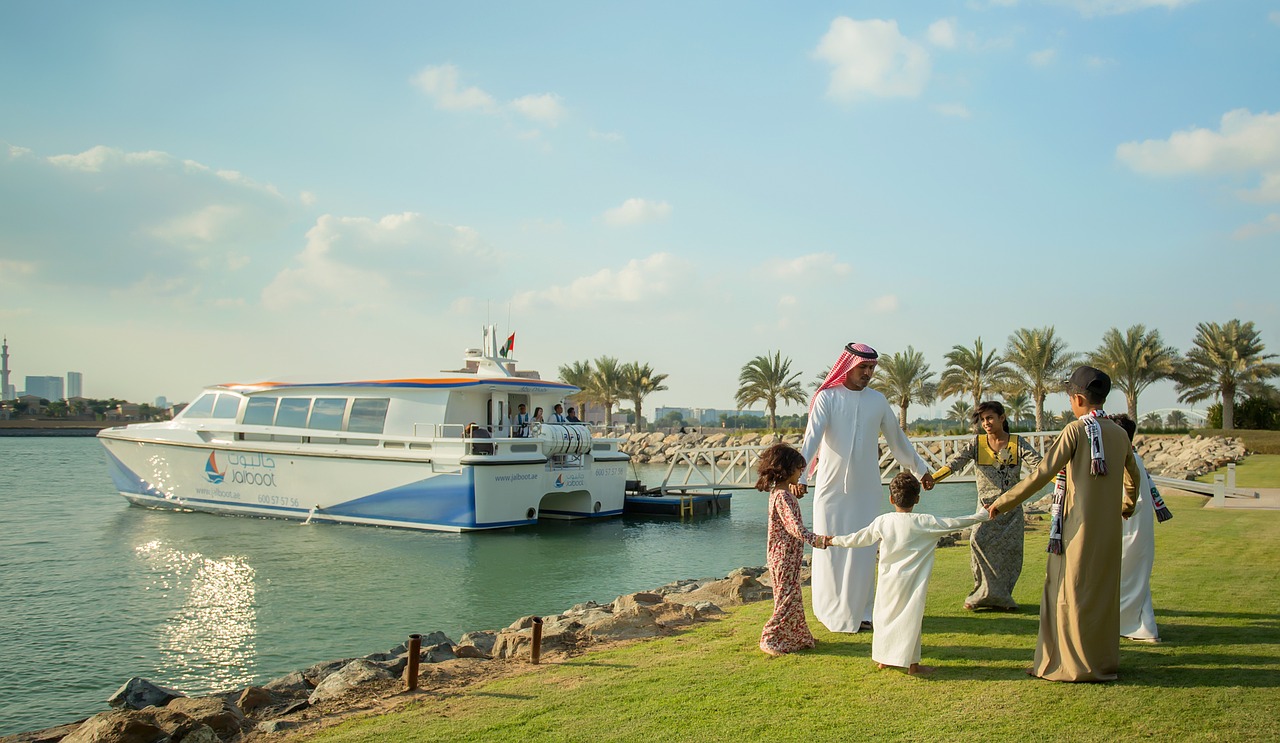Starting from trade wars, to defaming allies, the impulsive actions of President Donald Trump are changing the international order, which directs to one painful reality that America is losing its dominant role in world’s affair significantly fast. This and few other foreign affairs are slowly creating a power shift, i.e. towards more politically rational, technologically revolutionary and economically strengthening, third world countries like the Middle East and Africa. This power shift is increasingly visible as both countries are achieving goals that were unimaginable a decade ago. Here are six ways that prove that the Middle East and Africa are now leading/preparing to lead the world:
Drawing benefits from increasing population
Both the Middle East and Africa has seen an unpredictable growth in their people in the past ten years. The massive inflation in the population is seen as both advantageous challenges and opportunities by Governments of each country, and they have successfully been able to monetise on it brilliantly. In the Middle East, a high population has coincided with greater social empowerment. The prospering population in both countries has been a reason for actual real investment transactions, especially for more socially engaged organisations. The UAE real estate market is skyrocketing with foreign investors and with expat population multiplying every year, the rentals are increasing as a consequence to meet the demand.
Acceleration in oil export and import
Growth in both oil importers and exporters have strengthened by the end of 2018, i.e. an improvement by 1.7% from the year 2017. Countries under the Gulf Cooperation Council or GCC saw an increase in oil production, which directly eased fiscal consolidation pressures, further enabling higher public spending. Same was the case with African countries like Tunisia.
Tourism
It is said that there is no tourism success story like the Middle East. Both the Middle East and Africa is home to one of the world’s most diverse tourism offerings. The pyramids of Giza, architectural landmarks like Burj Al Arab and Burj Khalifa, and the ancient city of Petra, Middle East have trapped and hypnotised tourists from all countries. On the other hand, African tourism has the second fastest growth rate in the world, i.e., after Asia-pacific. Speaking factually, travel and tourism contributed around $ 194.2 Billion to the country’s economy in 2018, which directly created a strong impact in employment ratio. For example, only tourism contributed to a tectonic increase of 24.3 Million jobs in 2018, which is remarkably inspiring. Ethiopia is the fastest growing travel economy in the world, which has led to a significant rise in exports. Other Middle East countries like Egypt and Qatar follows Ethiopia.
Startups and Employments
The most diversified startup culture can be seen in the Middle East, as nearly every country in the region has its startup hubs. According to a statistics-based article shared by Crunchbase, North Africa and Middle East startups have gained substantial traction in the past five years of the startup revolution. Around $ 793 Million has been invested and has given rise to funding done through a geographical lens. In 2018, approximately 30% of investments were made solely in UAE based startups, which is an encouraging number.
Along with this, the whole startup landscape has been modified and well-attended by the UAE government, especially, as they have launched free zone investment policies for expats exclusively. UAE is the perfect country for startups as it gives a substantial investment and launches abilities to aspiring entrepreneurs, creative professionals, and small-to-midsized businesses. There are tremendous networking opportunities as well, which is explored, can bring fast and profitable results.
Moving towards Africa, startup scenes have significantly seen a sharp increase in cities such as Nairobi, Lagos, Johannesburg, Cape Town, and Accra in Ghana, and more. The boom in African Startups has been a result of the technological advances as high-speed internet is more active in various cities of Africa than before. Another reason for this boom is the dramatic fall in the price asked in general for building digital products, which is because of the availability of mobile payment options. In short, it can be said that startup culture in Africa is prospering fast as compared to American startups, which is both plausible and required.
Final Words
It is safe to assume that with consistent re-construction spending (real-estate), a sharp increase in tourism wealth and related employment opportunities, and sturdy impact of technological startups, are few factors that have collectively contributed towards rising in the Middle East and African overall economic landscape. There are opportunities, where earlier there were only problems, and there are solutions, where these countries relied only on outside financial assistance. All in all both countries have managed to maintain the pace with other developing countries like India, China, Singapore and other Asian countries.




